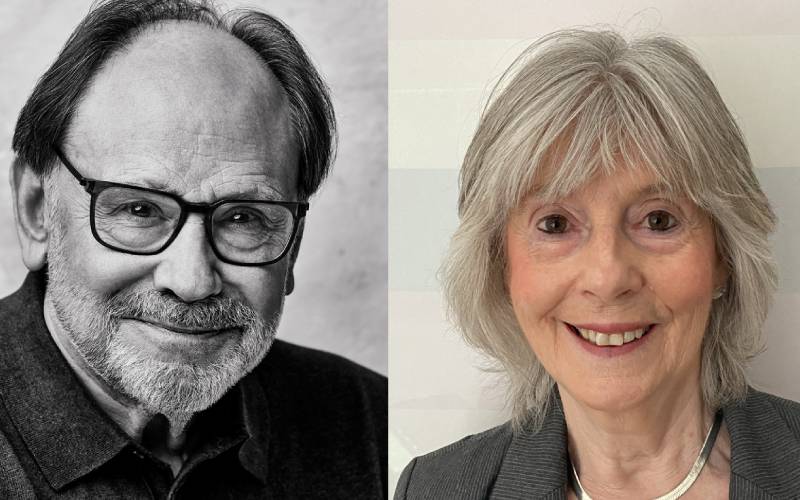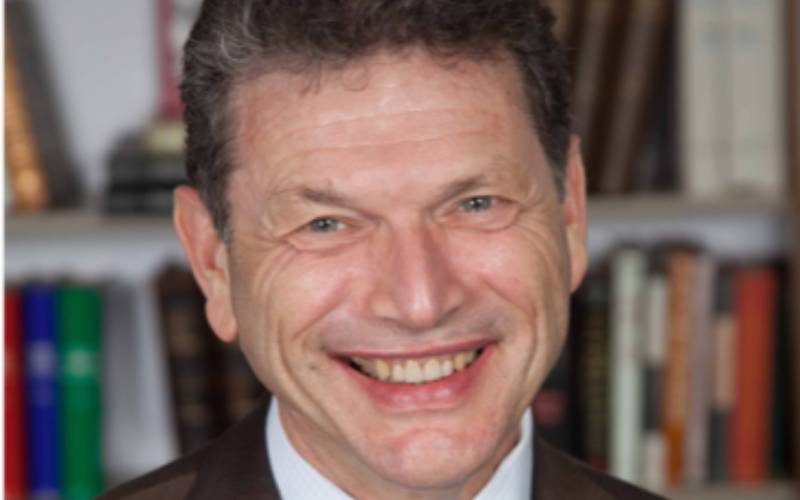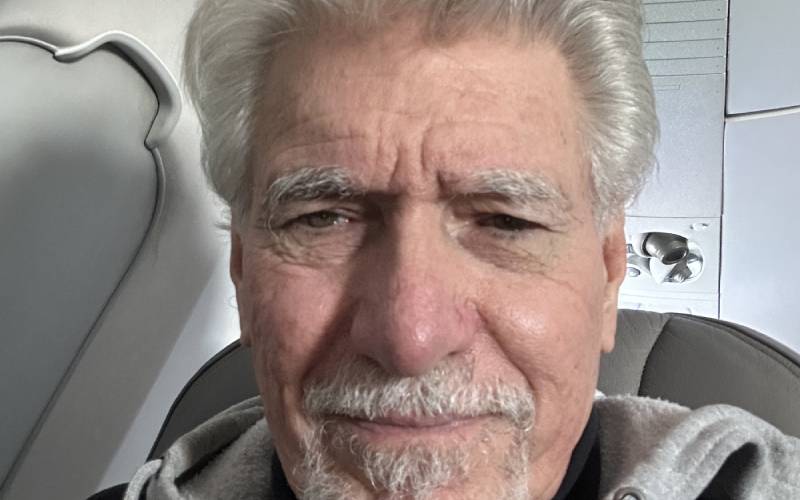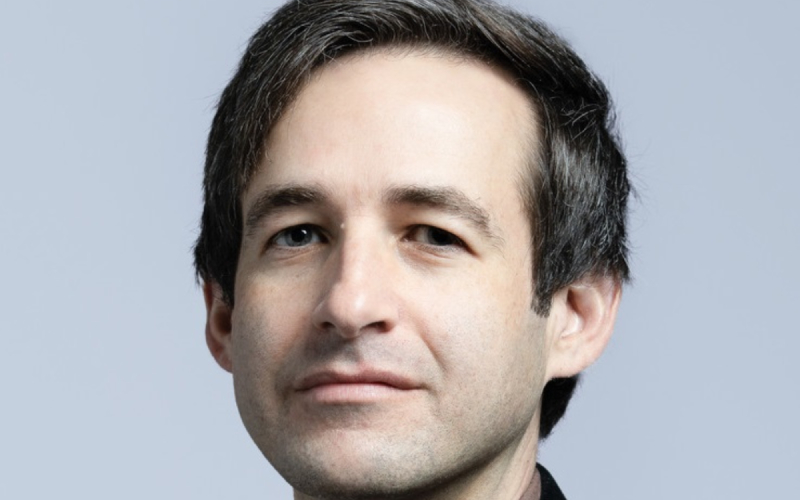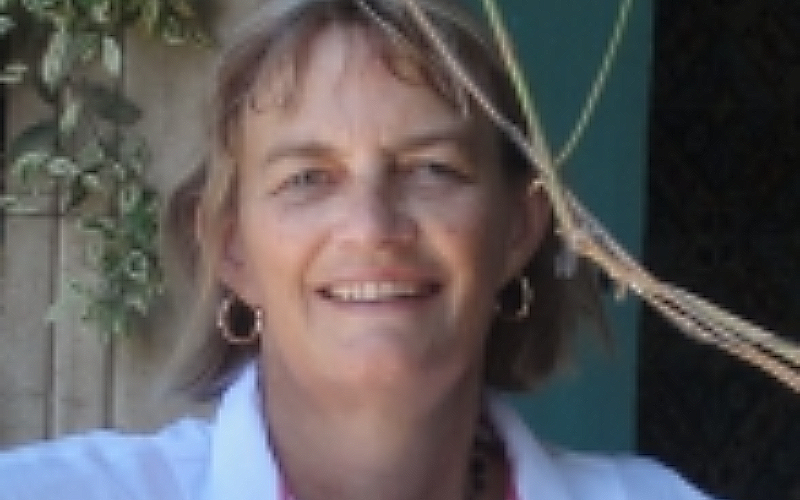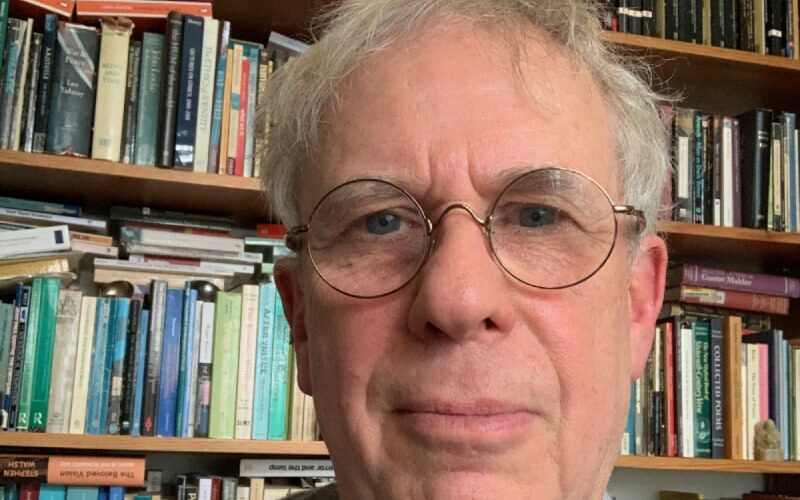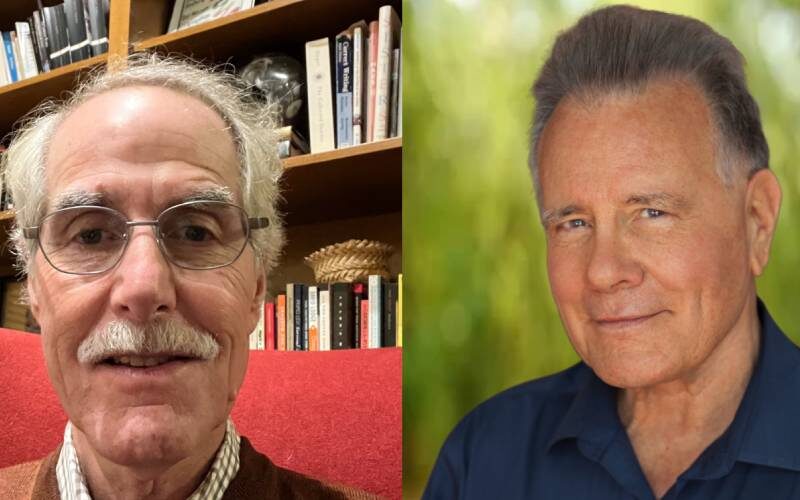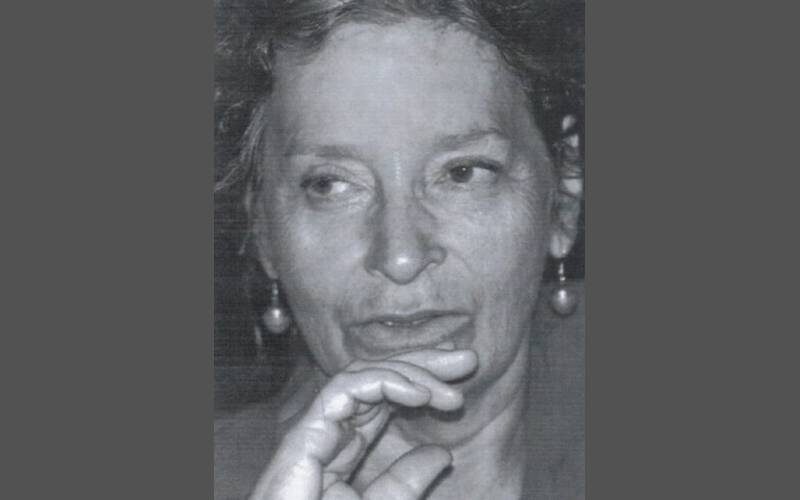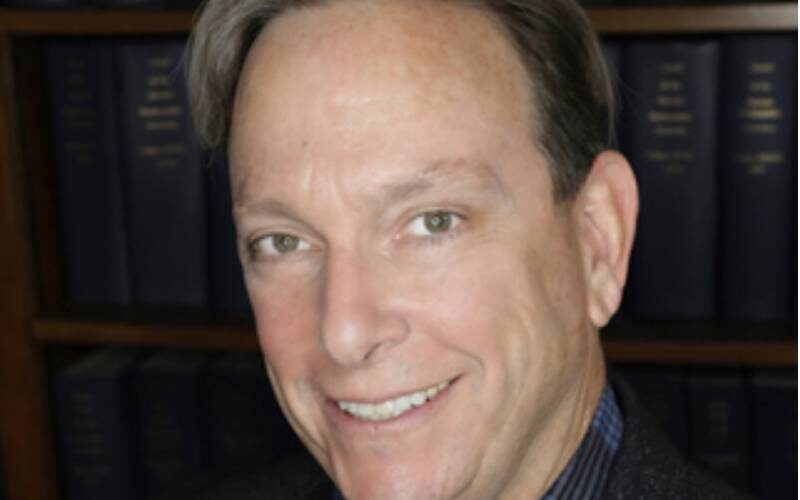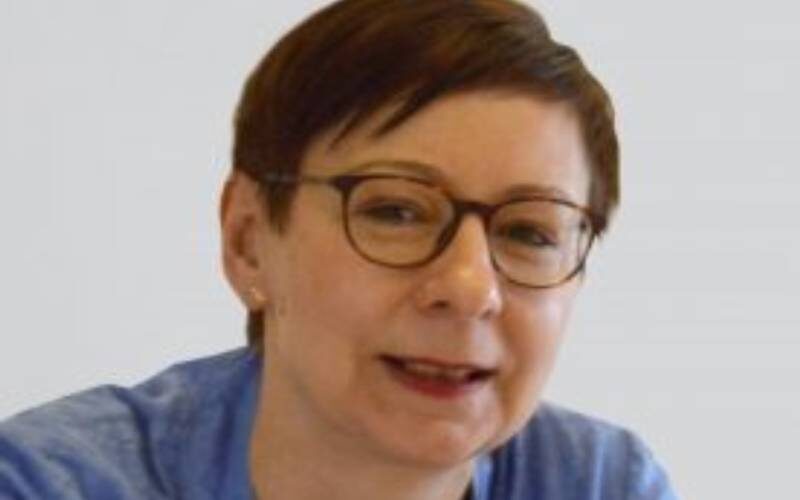Episode 154 : Why Winnicott? – Part II: The Surviving Object Joel Whitebook, Ph.D. (New York), interviews Jan Abram, Ph.D. (London)
“The ability to play means we can indulge in a kind of illusion, not delusion, and make a distinction. It always amazes me that when the patient arrives, they like the routine of an analysis; nobody breaks that, it’s an illusion; it is a piece of theater every time. We open the door to our…
Read MorePodcast: Play in new window | Download

